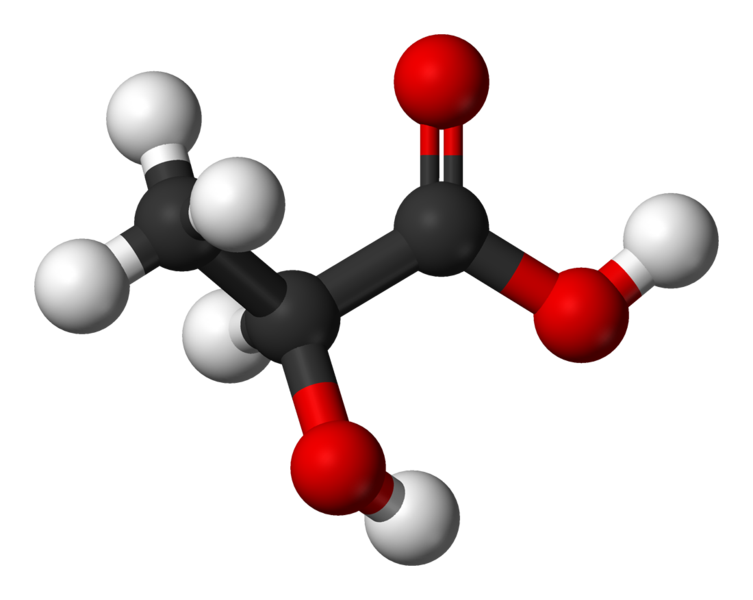-
 Ibuprofen
Ibuprofen
-
 Paedomorphosis
Paedomorphosis
-
 Cave pearls
Cave pearls
-
 Gas pipeline
Gas pipeline
-
 A-train
A-train
-
 Spintronics
Spintronics
-
 Immune complex
Immune complex
-
 Pancreatic islet
Pancreatic islet
-
 Pharynx
Pharynx
-
 Poisson brackets
Poisson brackets
-
 Centrosome
Centrosome
-
 Astringent
Astringent
-
 Epithermal deposit
Epithermal deposit
-
 Valency
Valency
-
 Temperature method
Temperature method
-
 Compost
Compost
-
 High definition television
High definition television
-
 Gastroenteritis
Gastroenteritis
-
 Ruderal
Ruderal
-
 Nucleophile
Nucleophile
-
 Vestigial structure
Vestigial structure
-
 Obesity
Obesity
-
 Carnot cycle
Carnot cycle
-
 Salinity
Salinity
-
 Accretionary prism
Accretionary prism
-
 Intrusion prevention system
Intrusion prevention system
-
 Virtual circuit
Virtual circuit
-
 Dizygotic
Dizygotic
-
 Song
Song
-
 Quantum computer
Quantum computer
Lactate
Lactate is a biological molecule which is the ionised form of lactic acid.
Structure of lactate
The chemical structure of lactate is CH3CH-OH-COO-. Lactate has two optical isomers (L or D), but it is the L-lactate form which is produced and metabolised in the body.
Function of lactate
Lactate is the final product of anaerobic glycolysis (fermentation). If glucose consumption exceeds oxygen intake, i.e. during an intense effort, the pyruvate obtained from glycolysis is converted into lactate.
Lactate is taken up in the blood by various human organs or cells. It is used in the liver to produce glucose through gluconeogenesis. It is oxidised in the heart into carbon dioxide (CO2) releasing energy at the same time.
 Lactate is the ionic form of lactic acid. © Benjah-bmm27, Wikimedia, public domain
Lactate is the ionic form of lactic acid. © Benjah-bmm27, Wikimedia, public domain
Latest
Fill out my online form.



